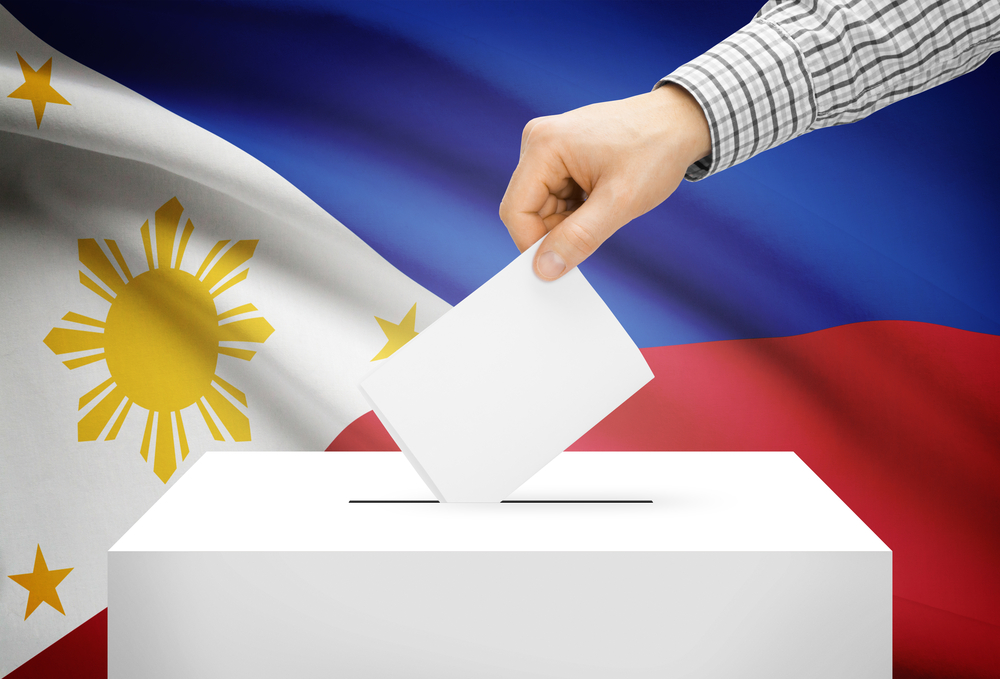
MANILA—No matter how remote is the possibility of a leadership vacuum in the country, a lawmaker wants to make sure this scenario won’t happen in case of a failure of elections.
Muntinlupa City Rep. Rodolfo G. Biazon is author of House Bill No. 488 which provides for “the selection of an acting President and acting Vice President of the Republic of the Philippines in case of a failure of elections.”
“A scenario where there is a leadership vacuum will occur due to the failure of the constitutional provision on the rule of succession to operate will be untenable for the country,” Biazon, a former Chief of Staff of the Armed Forces of the Philippines, pointed out.
He explained that a leadership vacuum will provide an opportunity for those with selfish interests and personal agenda to forcibly take over the reins of government.
“It is therefore primordial and imperative that this possible leadership vacuum, no matter how remote it may appear, be addressed,” the lawmaker stressed.
Biazon noted that the 1987 Constitution provides under Article VII, Section 7, Paragraph 5, who shall act as President where no President and Vice President shall have qualified, or where both shall have died or become permanently disabled.
Likewise, he added the constitutional provision stating that Congress shall, “at ten o’clock in the morning of the third day after the vacancy in the offices of the President and Vice President occurs, convene in accordance with its rules without need of a call and within seven days, enact a law calling for a special election to elect a President and a Vice President to be held not earlier than forty-five days nor later than sixty days from the time of such call.” (Article VII, Section 10)
Stressing that the above mentioned provisions of the Constitution are very important, Biazon pointed out that another law needs to be enacted in order to ensure that the principles of democratic rule will prevail in the country if in case the very remote case of a failure of elections occur.
As defined under the bill, “there is failure of election if, on account of force majeure, violence, terrorism, fraud, or other analogous causes, the election in any polling place has not been held on the date fixed, or had been suspended before the hour fixed by law for the closing of the voting, or after the voting and during the preparation and the transmission of the election returns or in the custody or canvass thereof, such election results in a failure to elect, and in any of such cases the failure or suspension of election would affect the result of the election.”
“The proposed statute shall provide for the manner in which one who is to act as President shall be selected until a President or a Vice President shall have qualified, in case of death, permanent disability, or the inability of the Senate President or the speaker of the House of Representatives to take over as Acting President,” the author explained.
The proposed law to be known as the “Caretaker Government Act” provides: “When there is a failure of election such that no President and Vice President shall have been chosen or shall have qualified in an election, or where both shall have died or become permanently disabled and the President of the Senate or, in case of his inability, the Speaker of the House of Representatives, also fails to act as President, Congress, shall, upon its occurrence, convene in accordance with its rules without need of a call, to select an Acting President and Acting Vice President. The Members of the Senate shall elect from the senators whose terms do not expire until the next elections, an Acting President. Provided, That senators who ran for President or Vice President in the last preceding elections shall not be included in the list from which the senators are to elect who shall be Acting President.”
Likewise, it also provides that “The Acting President shall nominate an Acting President from among the Members of the Senate and the House of Representatives who shall assume office upon confirmation by a majority vote of all the Members of both Houses of the Congress, voting separately: Provided, That the same disqualification provided earlier in the first paragraph of this section shall apply.”
However, the same bill provides that: “The Acting President and Acting Vice President shall have all the powers and functions granted to the President and Vice President under the Constitution, except the power to undertake and approve any and all types of infrastructure projects during their incumbency.”
The proposed law, Biazon said, is in consonance with Article VII, Section 7 of the Constitution which also provides that: “The Congress shall, by law, provide for the manner in which one who is to act as President shall be selected until a President or a Vice President shall have qualified, in case of death, permanent disability, or inability of the officials mentioned in the next preceding paragraph.”
HB 488 is pending with the House Committee on Revision of Laws.
“As adherents to the principles of democratic governance, it is incumbent upon the members of this Congress to pass this piece of legislation,” Biazon said. (PNA)